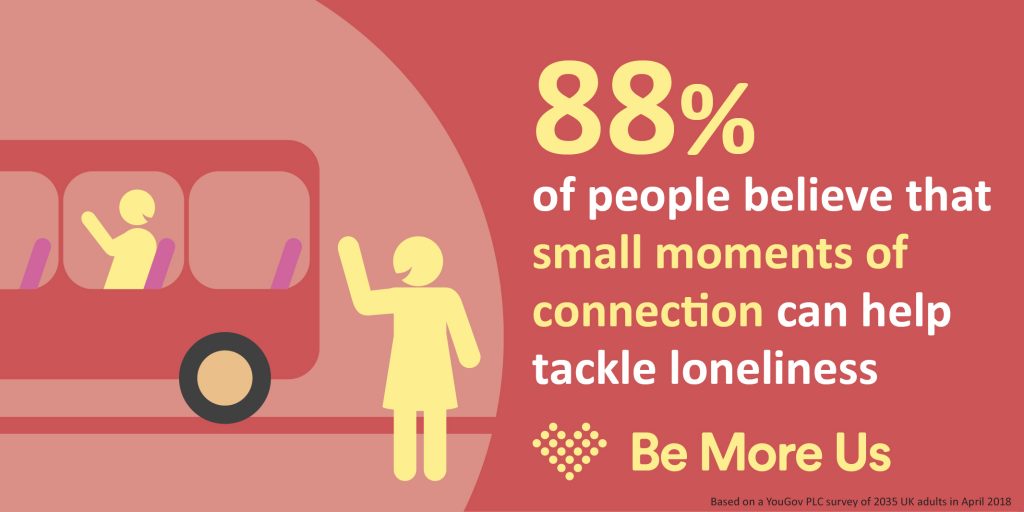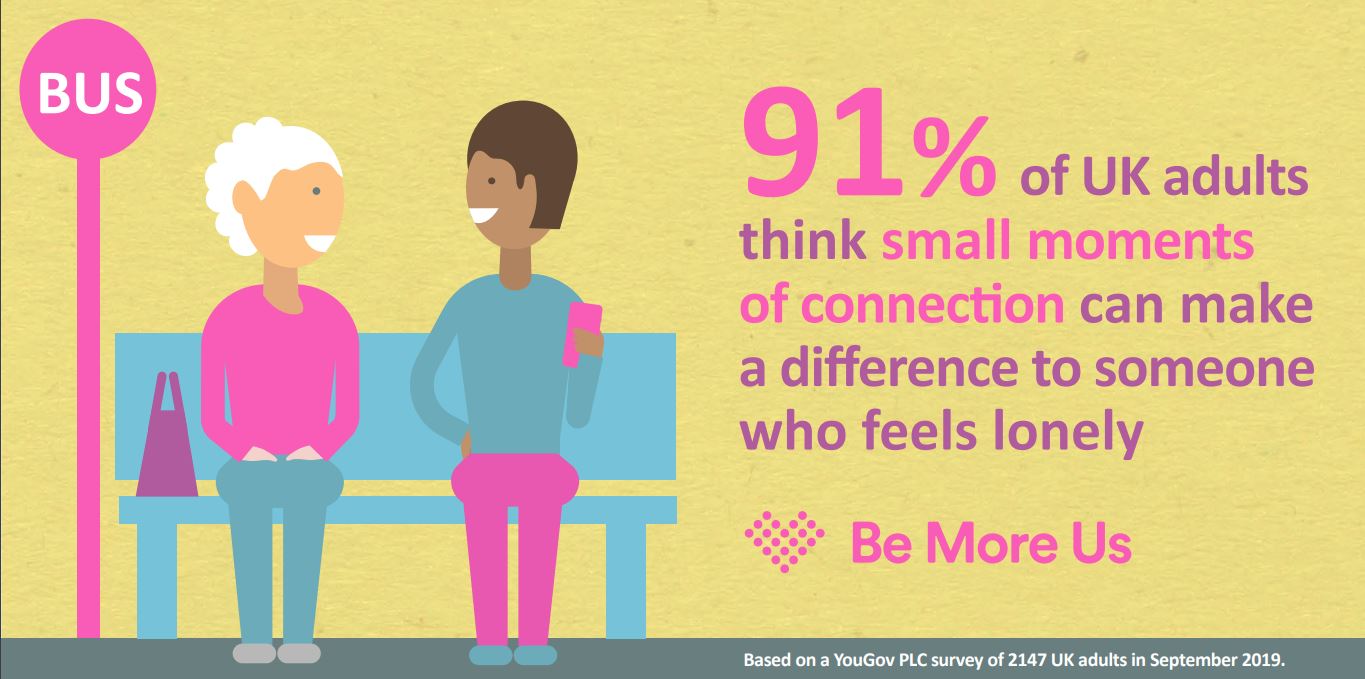
Care choices: The benefits of companionship care at home for the elderly

One thing many people worry about is who will care for us when we’re older. Whether you’re thinking about if you’d prefer to stay at home, or you’re a concerned family member exploring your options, it’s natural to have some questions.
Living at home can be a good option for those who want to be in their own space for as long as possible, but there are some practical considerations to be had. Will you feel isolated? Withdrawn from everyone else? Who will help you with cooking and cleaning? Etc.
Nobody wants to think of anybody struggling to get basic needs met like going up and down the stairs, getting washed and dressed, and having a meal prepared. Unfortunately the figures show that many people are struggling alone or only with the help of family.
Fortunately residential care is not the only option, for those who choose to live at home, companionship home care is there to support them. This is a type of long-term care that is designed to help the elderly live in comfort and peace.
What can companionship home carers offer?
Companionship carers can offer a range of support to the elderly that can help them to keep some of their independence and make their daily lives far easier:
- Practical assistance with everyday tasks like cleaning, cooking, putting away groceries etc.
- Personal support to help the elderly move around the house, bath, groom and dress themselves
- Give family members a chance to relax and recharge if they are normally the ones providing care
- Emotional support and friendship to help improve the elder’s health and quality of life
Something as simple as having someone coming round to visit them during the day can make a big difference and prevent them from feeling isolated and lonely.
The benefits of companionship at home for the elderly
A companionship carer can make a significant difference in the life of an elderly person living alone. Things like having someone to talk to, or just not being completely alone in the house is something that many of us may take for granted but can significantly deteriorate someone’s quality of life when they don’t experience it.
According to Age UK, more than 2 million people in England over the age of 75 live alone, and more than a million older people say they go for over a month without speaking to a friend, neighbour or family member. Whatever the cause, it’s shockingly easy to be left feeling alone and vulnerable, which can lead to depression and a serious decline in physical health and wellbeing.
Older people who receive companionship care can enjoy a range of benefits, including:
A longer lifespan

Important socialising time
It can be hard to keep up our social skills when we don’t have anyone to talk to, so it’s important for the elderly to have people visiting them.
Talking to someone is a natural human need, and even the elderly don’t lose the craving for social contact. Even more so if they’ve recently lost a loved one and aren’t used to being so alone on a daily basis, they could be feeling even more vulnerable.
Face-to-face human interaction is great for regulating stress and anxiety, and having a social life is important even as we do get older.

Feeling safe
You may be worried about your own safety living alone, or you might be worried about an elderly relative who has to fend for themselves.
Companionship care means that there is always someone there to help if something goes wrong, there to help someone if they fall over or leave the front door open, or just to take on some of the cooking and cleaning tasks that could put the elderly at risk of an accident.
Knowing that you have a reliable carer with you puts you at ease, knowing that you’re in safe hands and will never be put in danger.
Protection against dementia
Some studies have suggested that the more elderly people talk to others and maintain a good social life, the better their brain works. Things like engaging in conversation, playing board games or memory games can help keep the brain stimulated.
All of these things can help improve their memory and keep the brain functioning as it should which can result in a reduced risk of developing dementia.
Peace of mind
The final benefit that can come from companionship care for the elderly is peace of mind. As people age, their brains may not work like they used to, and they may not be able to carry out some of their everyday tasks alone anymore.
This can cause great amounts of stress and anxiety as they begin to lose physical strength and mobility. They might worry about what could happen to them if they find themselves in an emergency, like falling over or hurting themselves.
Companionship care provides the elderly with a sense of safety and security as they know there will always be someone who’s going to check on them. This not only provides peace of mind for the elderly but for their family members too.
If you think you, or a family member could benefit from companionship home care, take a look into it today, contact us for a free care needs consultation . Ashridge Home Care has been rated as Outstanding in the Caring Category by the Care Quality Commission (CQC). With an overall rating of Good in all other categories for being safe, effective, well-led and responsive to peoples needs.
